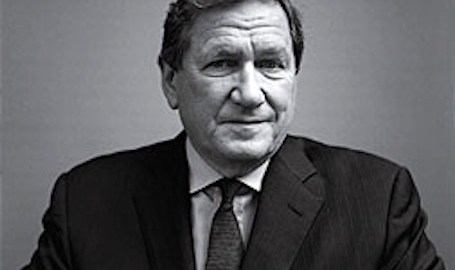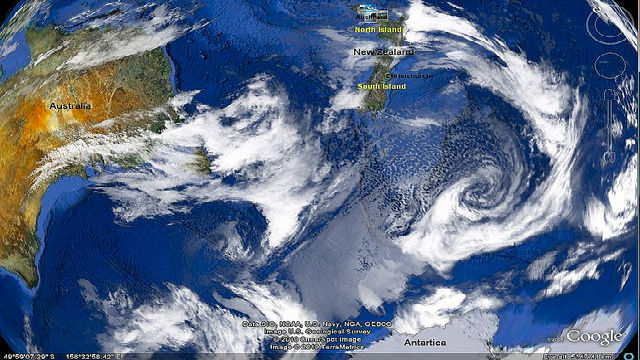Foreign Affairs’ Reading List For Our Century

As Foreign Affairs, the sine qua non of policy journals, changes editorial hands, outgoing Editor Jim Hoge has given the world a great gift: a selection of suggestions for What To Read by selected writers, journalists, and policy makers, all of whom have some connection to the magazine. Here is a kind of Columbia Great Books Course for policy wonks; what makes it uniquely magical is not simply the strong views of the diversely wise participants but moreover their brief introductions.
Here is Ambassador Richard Holbrooke on Fromkin:
The philosopher Søren Kierkegaard once observed that “life must be understood backward. But . . . it must be lived forward.” This applies to more than one’s own life: what is past is more than prologue; it is essential for anyone wanting to understand how today’s world was created. This is especially true of the critical region between the Mediterranean and the Himalayas. Without knowledge of its backstory, no policymaker will get the region right: history is continuous, even if, relatively speaking, Americans just tuned in.
Of the vast array of books on this region, none is more relevant than Fromkin’s sweeping epic, A Peace to End All Peace. Fromkin states his theme starkly at the outset:
The European powers at that time [1914-22] believed they could change Moslem Asia in the very fundamentals of its political existence, and in their attempt to do so introduced an artificial state system into the Middle East. . . . The basis of political life in the Middle East — religion — was called into question by the Russians, who proposed communism, and by the British, who proposed nationalism or dynastic loyalty, in its place. . . . The French government, which in the Middle East did allow religion to be the basis of politics — even of its own — championed one sect against the others.
Today, we live with the consequences of those almost forgotten events.
Other historians have challenged Fromkin on specific details. That is to be encouraged: history is not only continuous; it also needs to be continuously reexamined. And it should never be ignored, as American policymakers have done so often in the past, at their own — and everyone else’s — peril.
Enough said. We hope the incoming Foreign Affairs editor might consider doing something along these lines annually, in this giving not only current subscribers but also readers around the world access to that most personal element in the lives of people making history now: what is what we read making us think, and how are the books we elect to spend time with changing the way we see the world?





